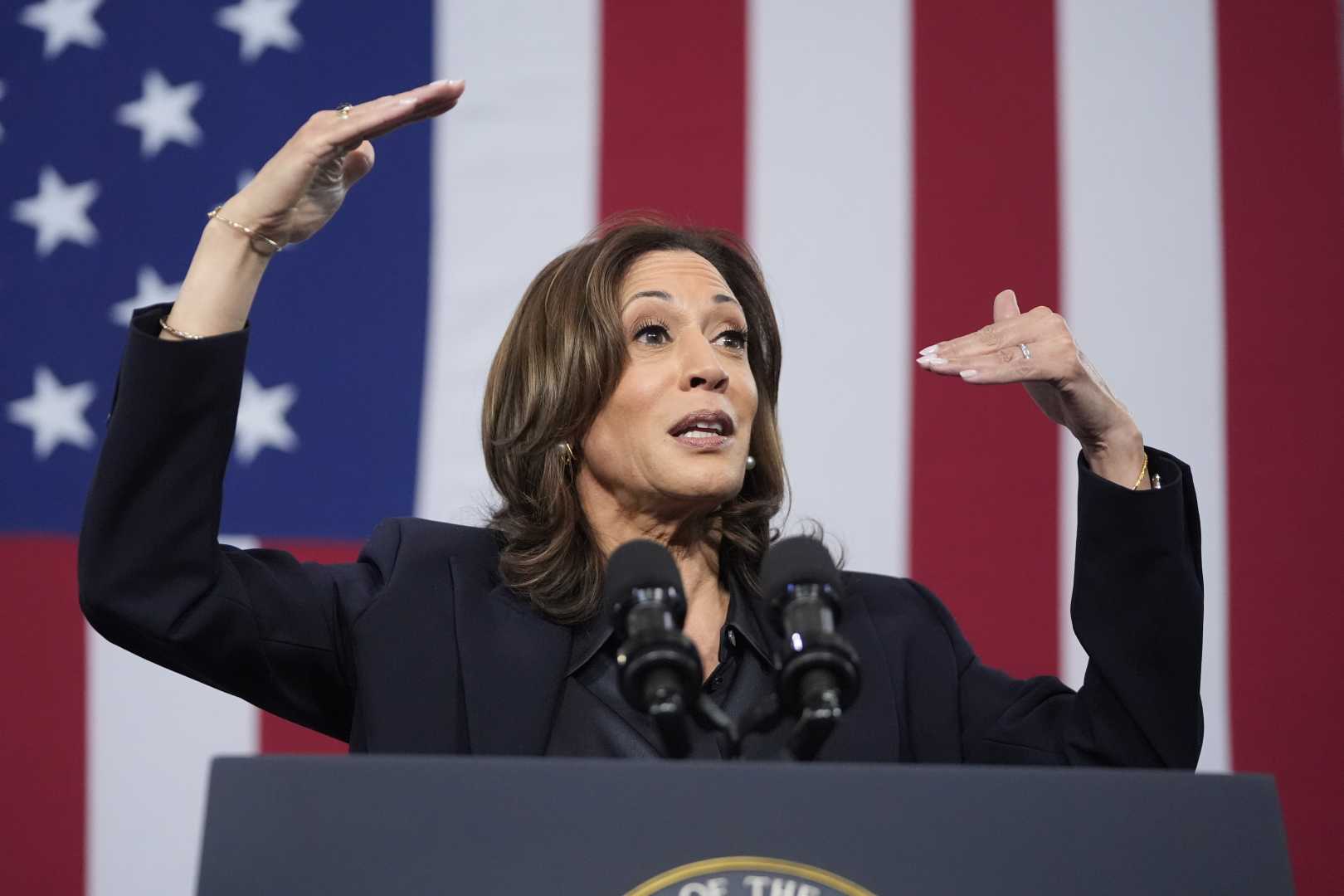Politics
Unpredictable 2024 Election Leaves Analysts and Voters Anxious

As the United States approaches the final weeks before the 2024 presidential election, the political landscape remains uncertain, causing anxiety among voters and political analysts alike. Vice President Kamala Harris and former President Donald Trump are locked in a tight race, with national and key battleground state polls indicating razor-thin margins between the two candidates.
James Carville, a veteran Democratic strategist, has been frequently approached by anxious New Yorkers seeking insight into the election outcome. However, Carville asserts that predicting the future in such a closely contested election is impossible. “They firmly believed that I had some kind of secret knowledge,” he remarked. “It’s the hardest thing in the world to tell someone who thinks you’re omnipotent that you’re really not.”
Dan Pfeiffer, a former advisor to President Barack Obama, emphasized the unprecedented closeness of the current polls. “The polls—public and private—are closer in this election than any I have ever seen,” he noted. “Everything is within the margin of error, so we are at a point where polls are incapable of giving you much information about which way the horse race is trending.”
Recent polling data paints a picture of a dead heat, with both Harris and Trump capturing 48% of the projected vote nationwide. Jeff Horwitt, a Democratic pollster, described the situation as a “dead heat,” while Tim Malloy from Quinnipiac University commented that the race “can’t get much closer.”
The uncertainty is further compounded by the memory of past polling inaccuracies, leaving experts hesitant to make firm predictions. Nate Silver, a statistician known for election forecasting, highlighted this uncertainty, stating on social media platform X, “It’s now literally 50/50.” Republican pollster Frank Luntz expressed a similar sentiment, sharing a gif to summarize the unpredictability of the election outcome.
The specter of the 2000 presidential election is palpable, with Republican strategist Matt Gorman recalling the tight Florida vote and subsequent legal battles. Gorman anticipates a similar scenario in 2024, possibly culminating in prolonged post-election disputes over results.
The rise of “big data” has created an illusion of certainty in political forecasts, yet the volatility of the electorate, compounded by the partisan nature of American politics, often defies such expectations. Patrick Murray, a pollster from Monmouth University, remarked on the entrenched nature of voter preferences, observing that even significant events rarely sway public opinion.
The Electoral College adds another layer of complexity, capable of amplifying small voter shifts into decisive state victories. Murray commented, “The problem with the punditry is they can’t handle stable uncertainty.” This was apparent in the 2012 election when polling underestimated then-President Obama’s support.
Republican pollster Kristen Soltis Anderson noted both the exceptionally close race and the unusual stability of the polls in the closing weeks of the campaign, suggesting a broad spectrum of potential outcomes ranging from a Harris landslide to a decisive Trump victory owing to the dynamic nature of the Electoral College.
James Carville remains hopeful, if not convinced, that the current deadlock in the polls may eventually break decisively: “The most unlikely scenario to me is they break 4-3.” Despite the anxiety gripping voters, particularly in deeply blue areas, Carville offers a glimmer of optimism by noting: “The Democrats have not lost a single election since the summer of 2022.”












